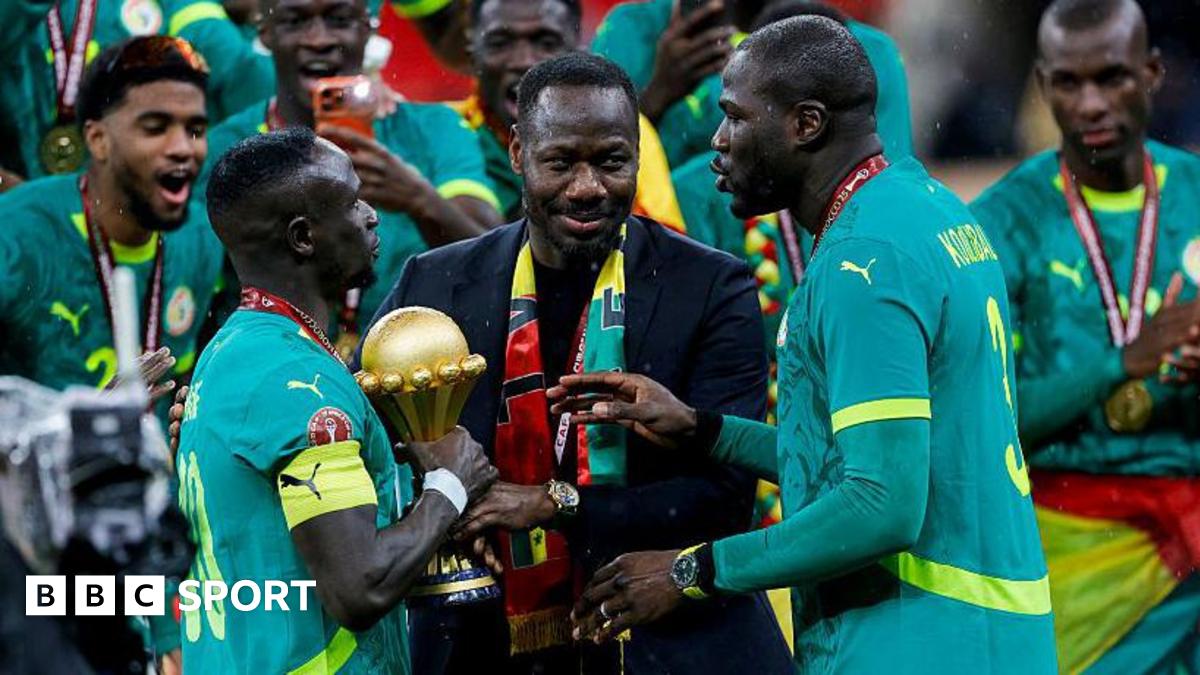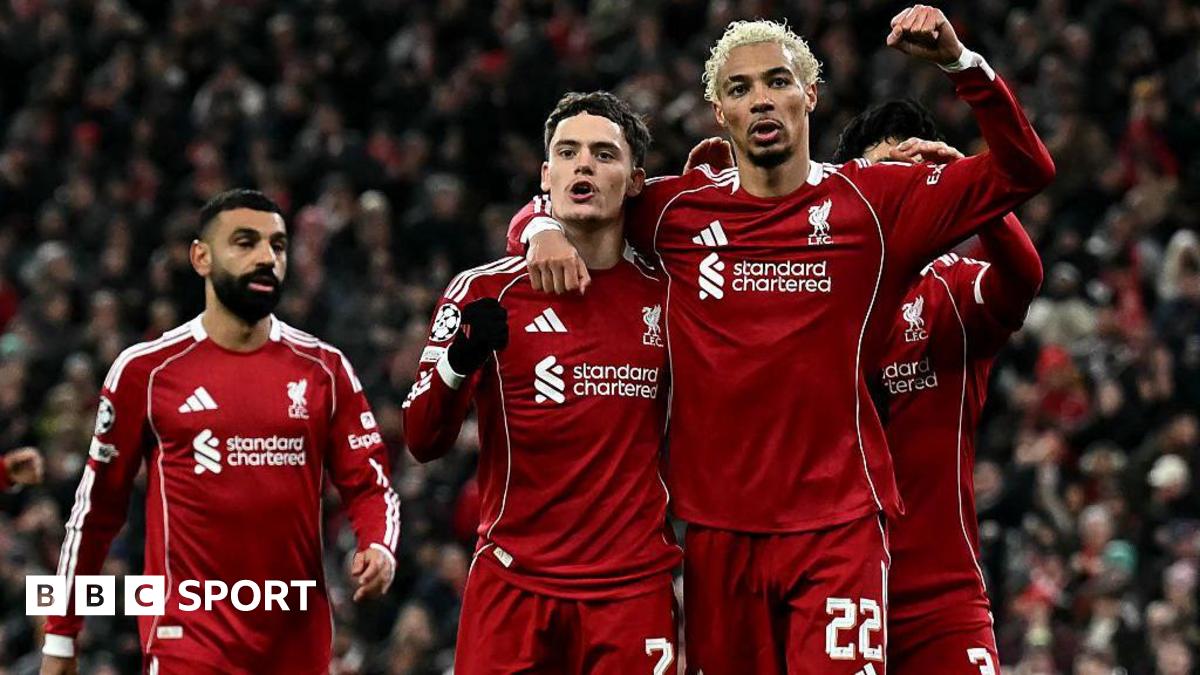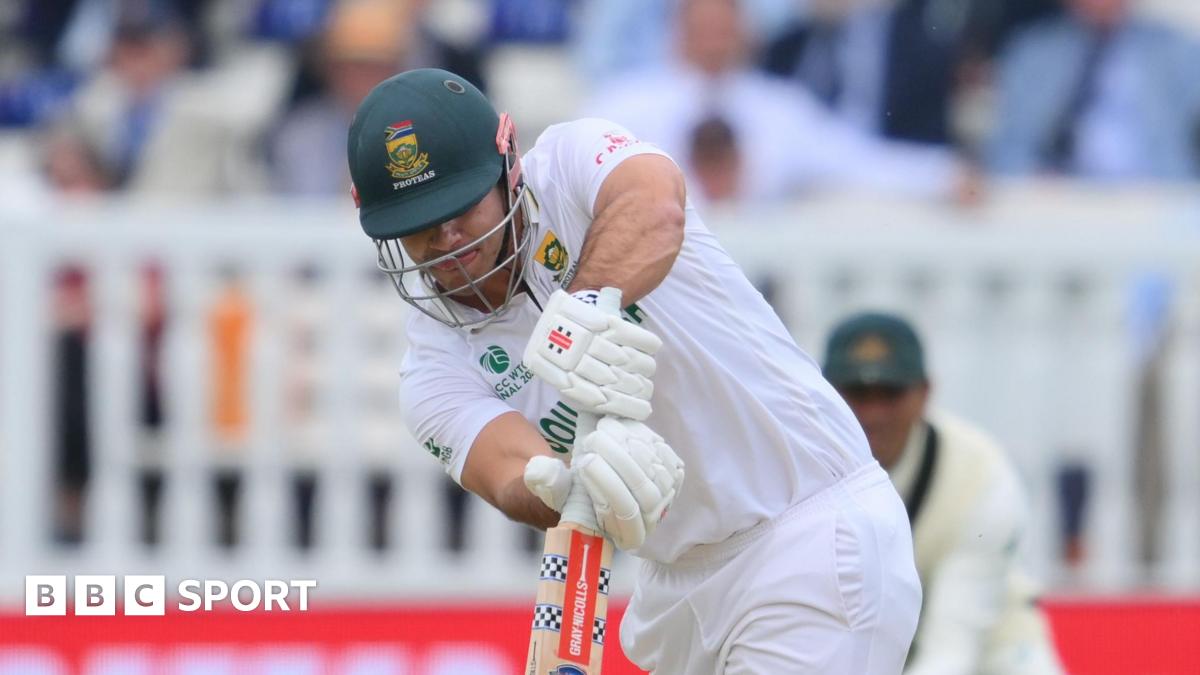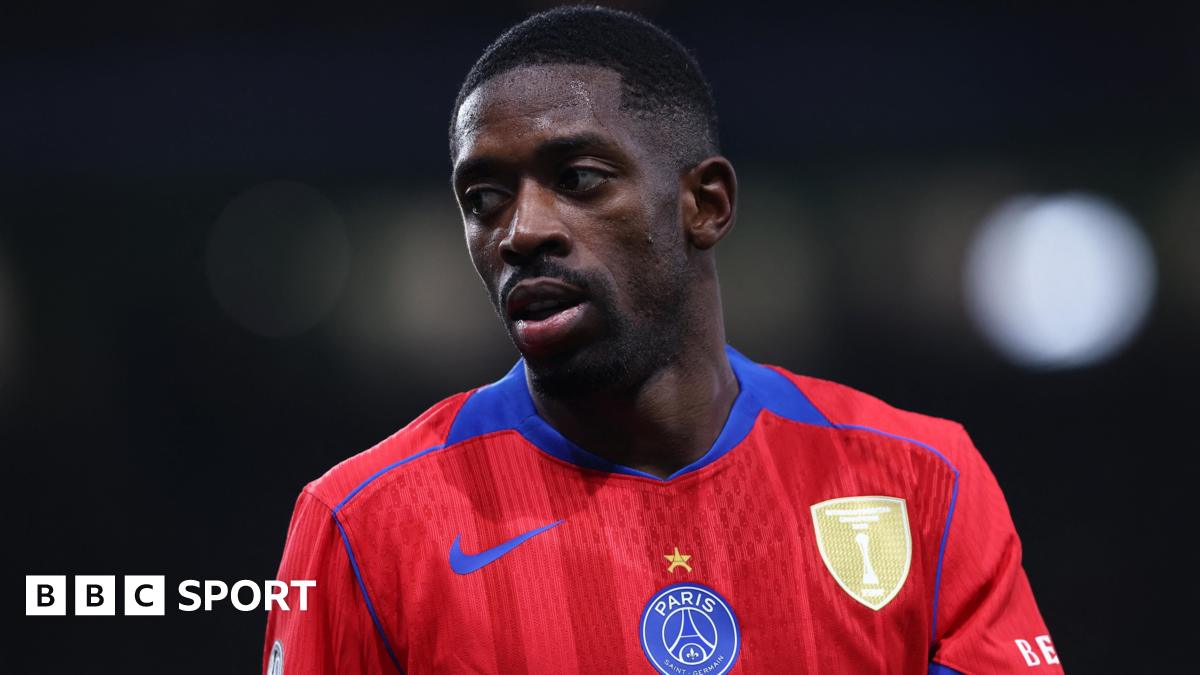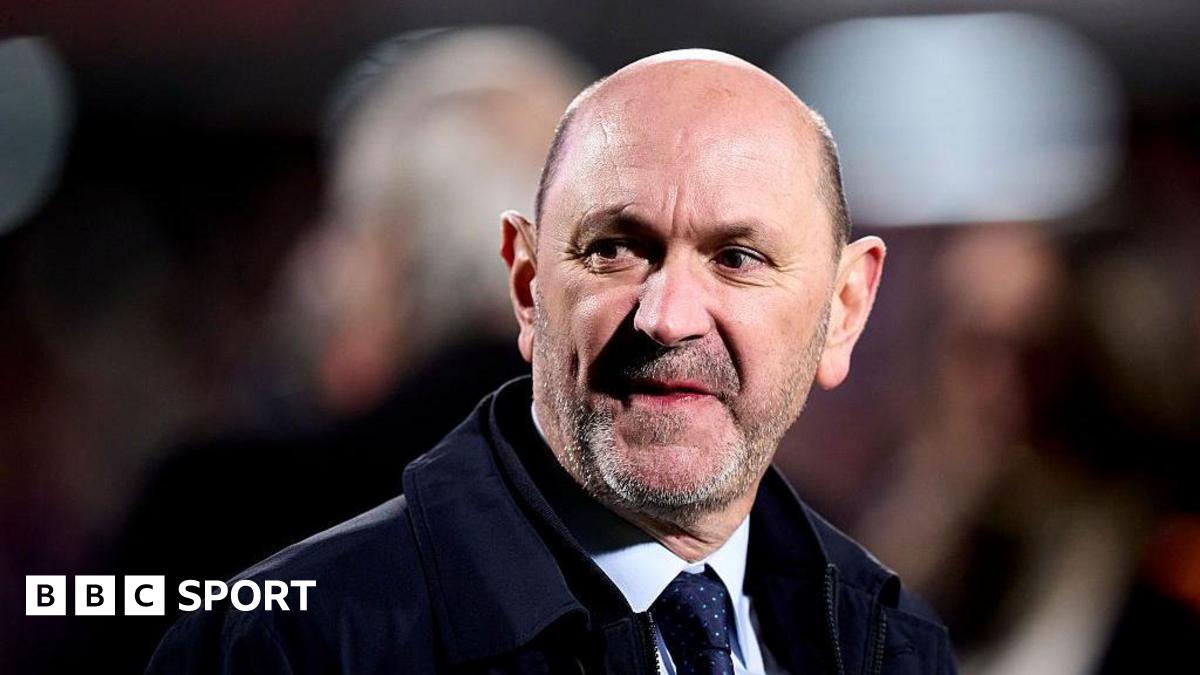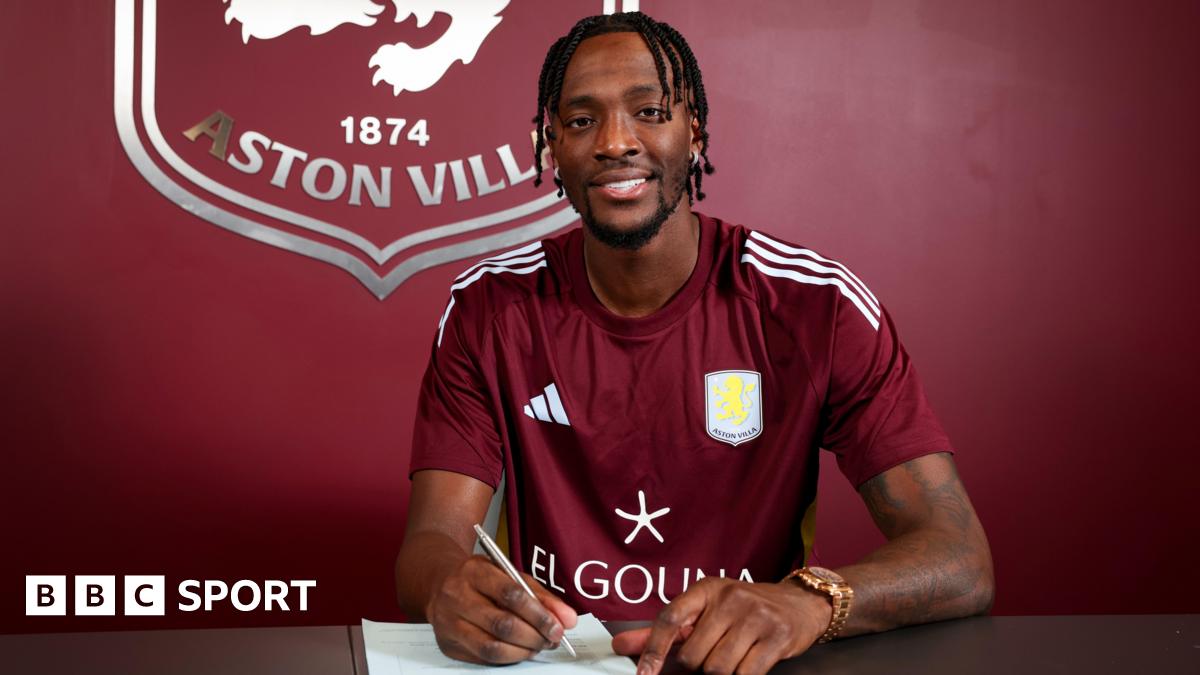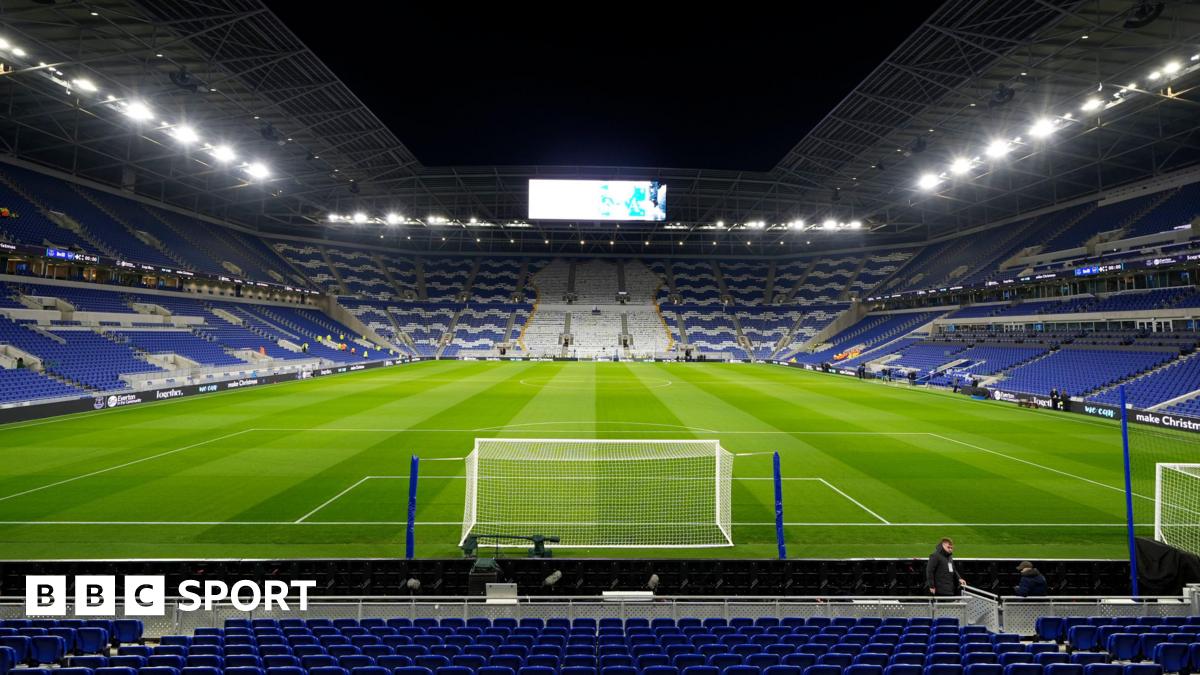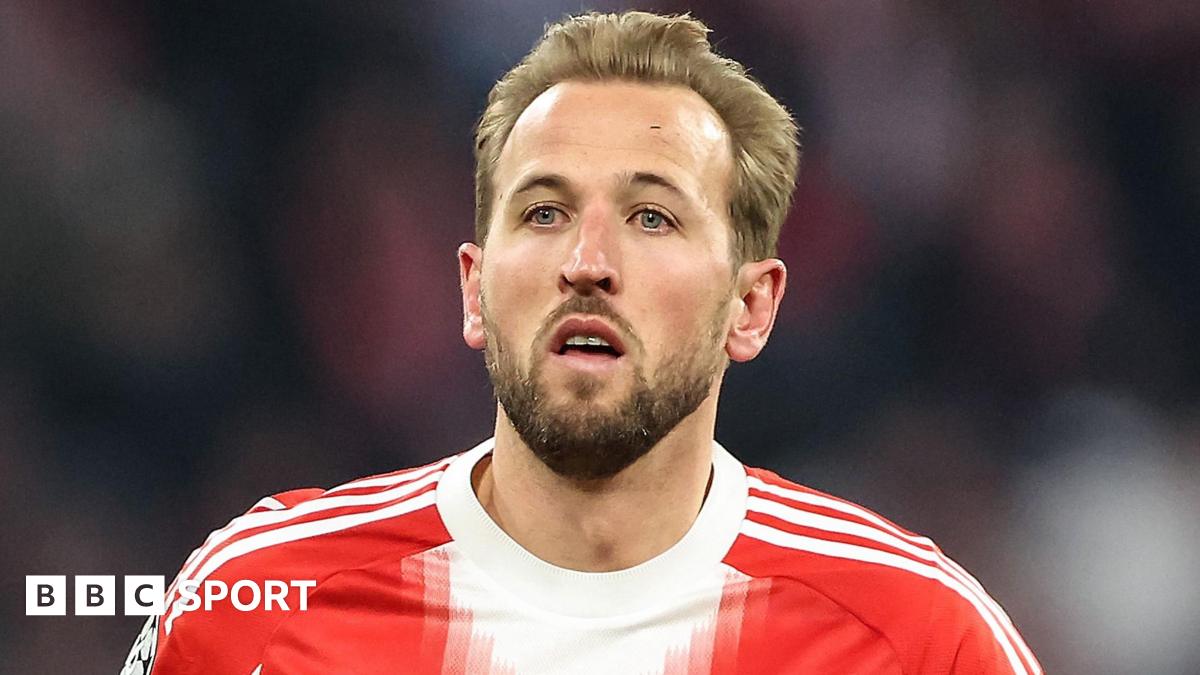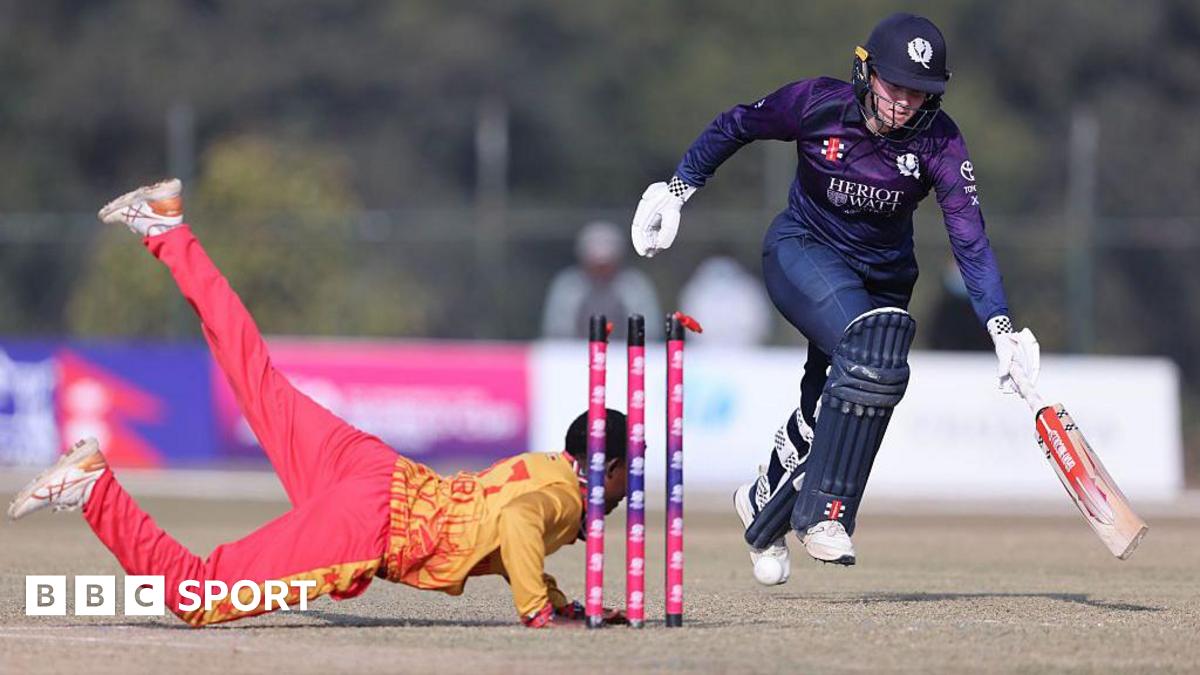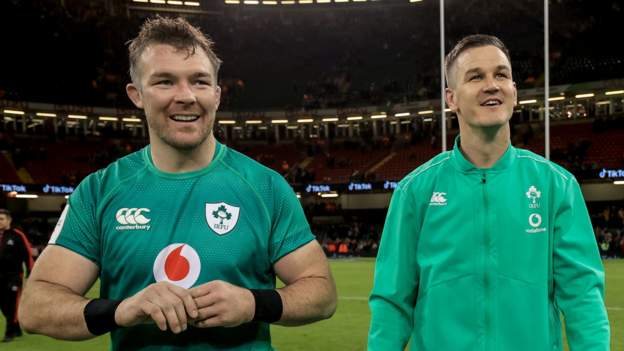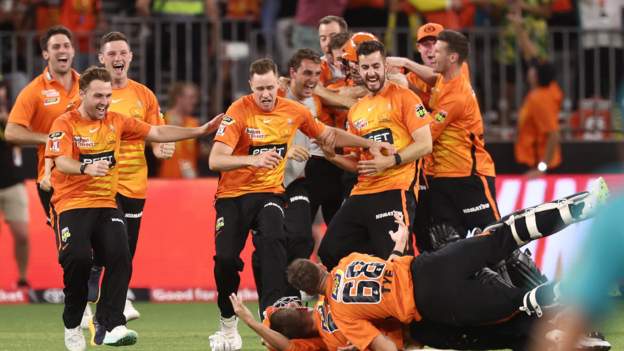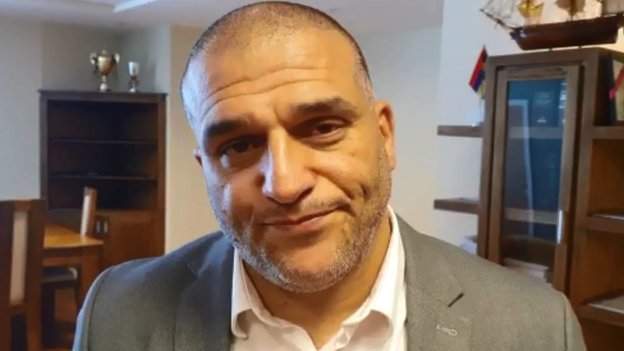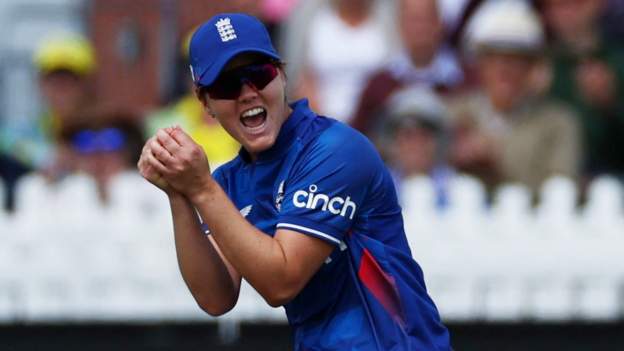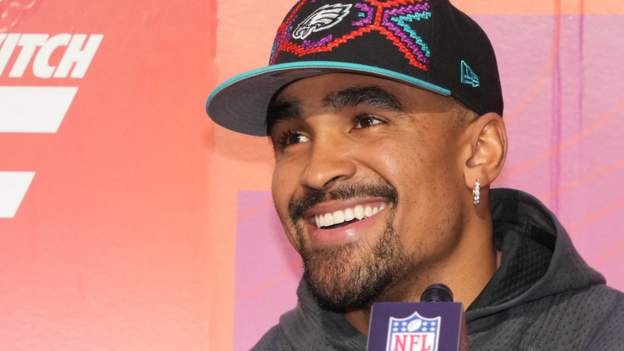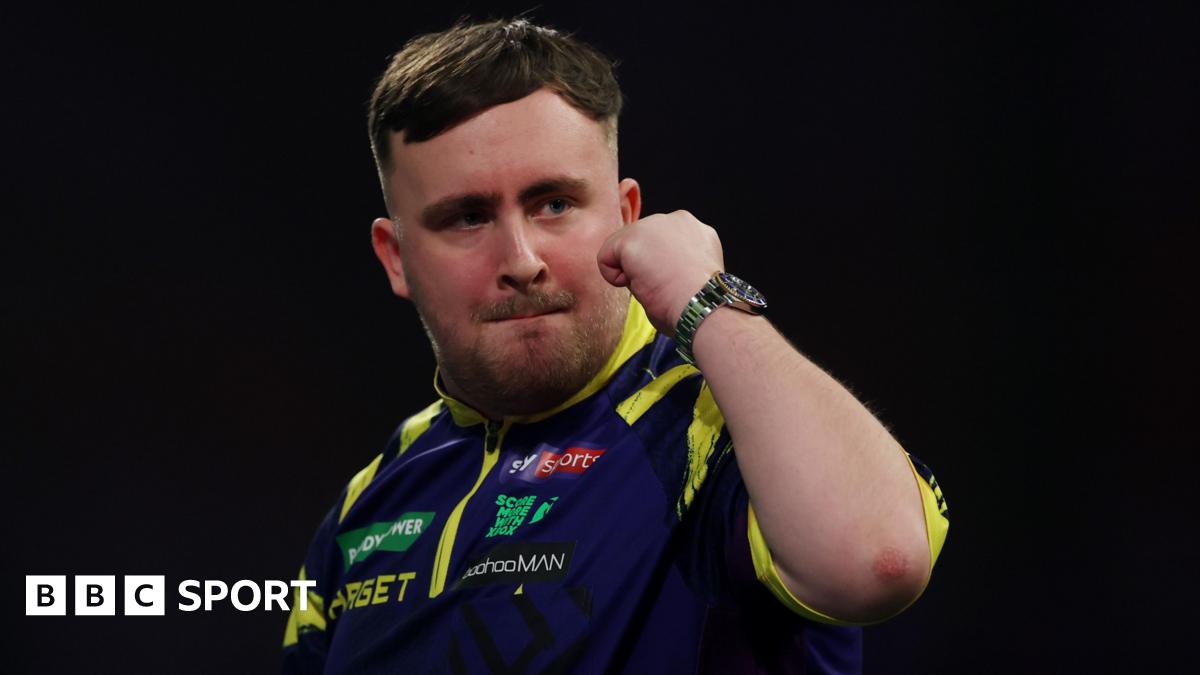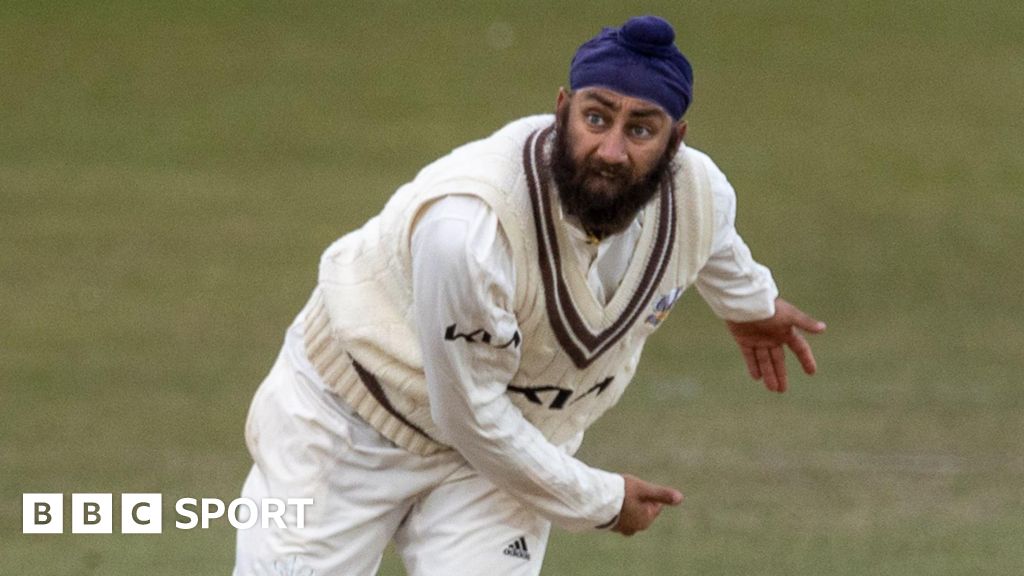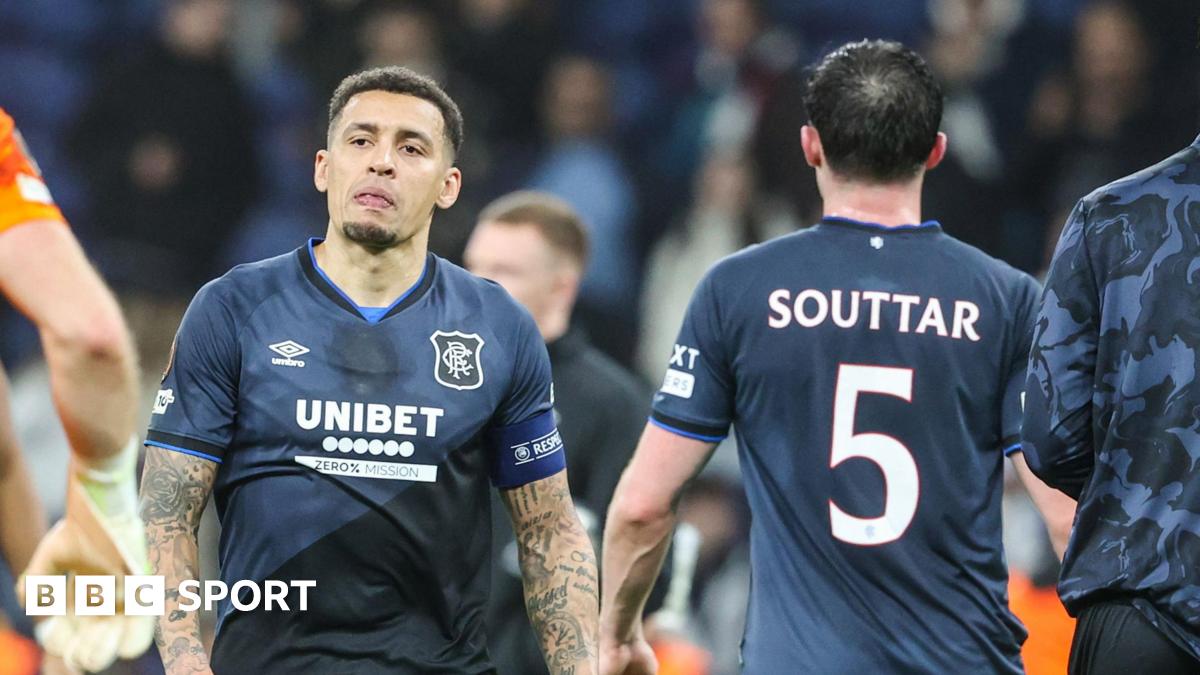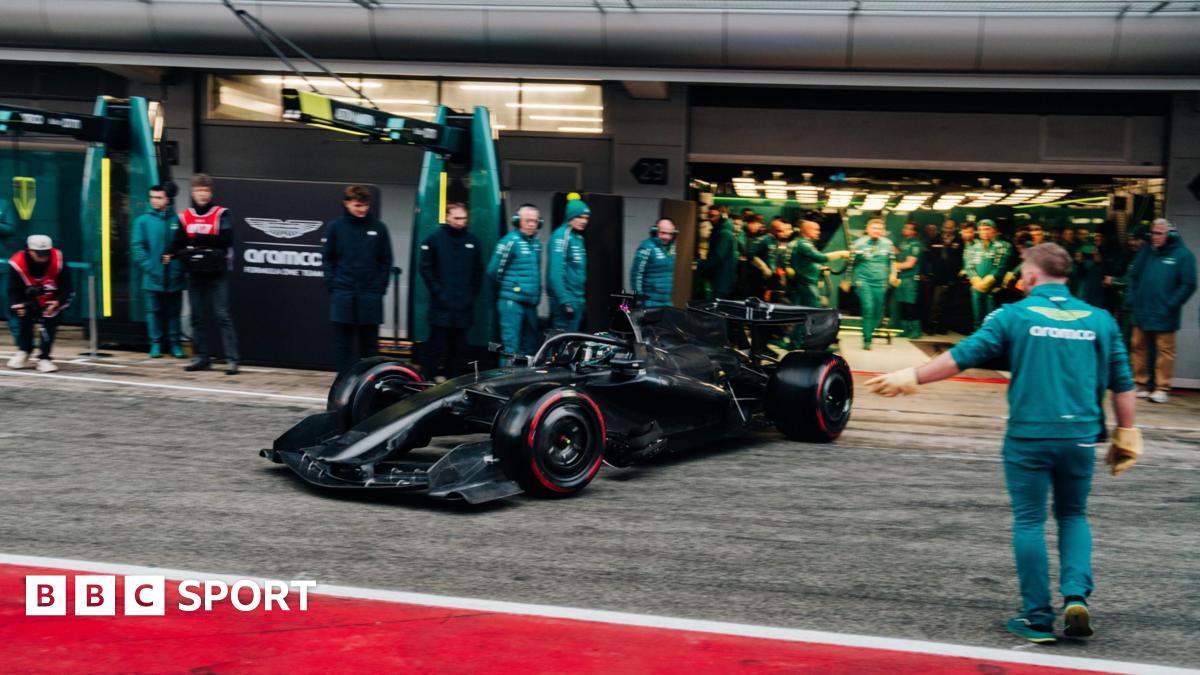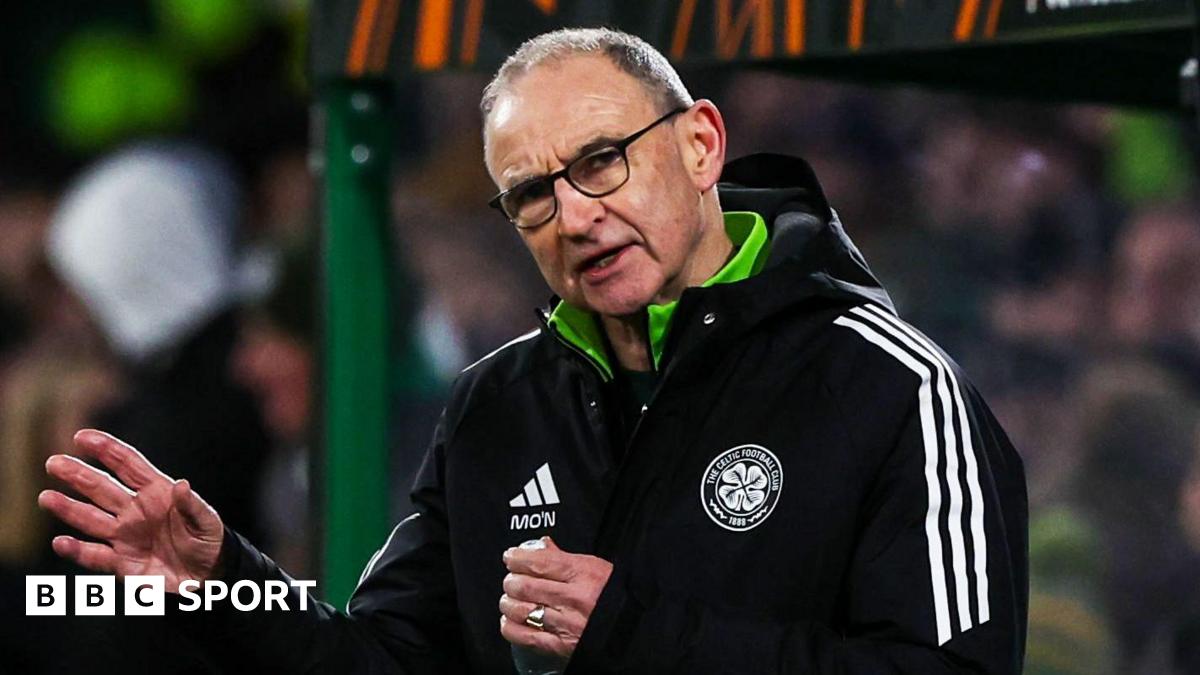It will be several months before we know whether or not Ireland can achieve a Six Nations and World Cup double, but the manner of Saturday’s 34-10 victory over Wales will at least have strengthened Andy Farrell’s belief that his side are on the right track.
As Ireland gathered under the roof of the Principality Stadium for the Six Nations opener, there was a palpable sense of disquiet among the travelling fans after news of Jamison Gibson-Park’s injury.
Already without Robbie Henshaw and Tadhg Furlong, there were suggestions that the championship favourites would struggle to find their tempo without Gibson-Park, a key figure in Ireland’s rise under Farrell.
But while 11th-hour injury worries – Cian Healy was another late withdrawal – surely made for a hectic Saturday morning for Farrell and his squad in the Welsh capital, Ireland demonstrated their resilience during a barnstorming first-half showing that kick-started a big year for Irish rugby.
Indeed, the 2023 Six Nations was less than 10 minutes old when Farrell’s side found themselves 14-0 up thanks to early Caelan Doris and James Ryan tries.
And after James Lowe’s 86-metre intercept score helped establish a 27-3 half-time cushion, Ireland looked poised to issue an emphatic statement at the earliest possible juncture.
“I thought our composure in the first half was great and I thought we were pretty clinical in taking our chances,” said Farrell.
“Our defence at times was going after them but it was letting them play the game they want to play and they played pretty expansive to be fair to them and they looked dynamic and strong.
“But our scramble defence was outstanding, especially in the first half and on our own line.”
However, after watching Ireland dominate the first half, returning Wales boss Warren Gatland provoked a strong reaction from his side as Liam Williams crashed over five minutes after the restart to reignite hopes of an unlikely comeback.
After that, Ireland found themselves on the back foot as their penalty count rose.
In the build-up, Farrell had spoken about wanting to see his side’s mentality put under the microscope, and it looked as though he was getting his wish.
Fortunately for him, Wales failed to take their chances, and having absorbed pressure from their hosts, Ireland closed out their biggest win in Cardiff since 2001 with Josh van der Flier’s bonus-point clinching score.
“The first 20 minutes of the second half weren’t great,” admitted Farrell.
“A lot of it was our own downfall regarding how we played, our discipline etc. But how we came out of that, showed some good resilience and kept playing right to the end.
“We could have had one or two more and that was pretty pleasing.”
Farrell has now masterminded 10 wins in Ireland’s last 12 Tests stretching back to the start of last year’s Six Nations, including defeats of England, New Zealand and South Africa.
And he said he was proud of how his players stuck together for the first win of 2023 in one of the most intimidating atmospheres in international rugby on Saturday.
“We got what we deserved at the end of the day,” said Farrell, who had relished the prospect of his side playing under the closed roof.
“It’s a tough place to come and our history says exactly that (this was Ireland’s first Six Nations win in Cardiff since 2013), but the way we galvanised together as a group is a testament to how we go about our work in preparation for this Test match.
“If you’d given us a bonus-point win here at the start of the competition, we’d probably have snatched your hand off.
“But at the same time, the best thing about it is that there is plenty to do and fix and get better with, so it’s not a bad place to be.”
‘I don’t think I’ve ever been as nervous before a game’
While Farrell was without Gibson-Park, Furlong, Healy and centre Robbie Henshaw – who remains out with a wrist injury – he was able to call upon Johnny Sexton, who marked the start of his 14th Six Nations campaign by kicking three conversions and two penalties.
Sexton, 37, had not played since Leinster’s New Year’s Day win over Connacht because of a cheekbone fracture and admitted that the pre-game butterflies in his stomach were as prevalent as they have ever been.
“I don’t think I’ve ever been as nervous before a game,” the fly-half revealed.
“For lots of reasons, but the main one was I’d forgotten what it was like to build up to a game. I had one game on New Year’s Day since the South Africa Test and obviously I got injured.
“I’ve trained hard. I made mistakes in training but when you want to train well and make those mistakes, hopefully you get a few less on Saturday.”
Sexton left the game early having suffered a dead leg and subsequently passed a head injury assessment (HIA), clearing the Ireland captain to play in next week’s hugely anticipated meeting with champions France in Dublin.
And Sexton clearly recognises the potential significance of Saturday’s fixture between the world’s top two sides.
“It’s all down to next week,” said Sexton, who missed last year’s defeat in Paris with a hamstring issue.
“That’s the beauty of the competition, all five games are tough – and none tougher than next week. The team that hasn’t been beaten for a year coming.
“We’re up against it. We went over to the Stade de France last year, it was probably the best atmosphere I’ve seen.
“I’m sure our Irish fans will put on something similar to that.”

